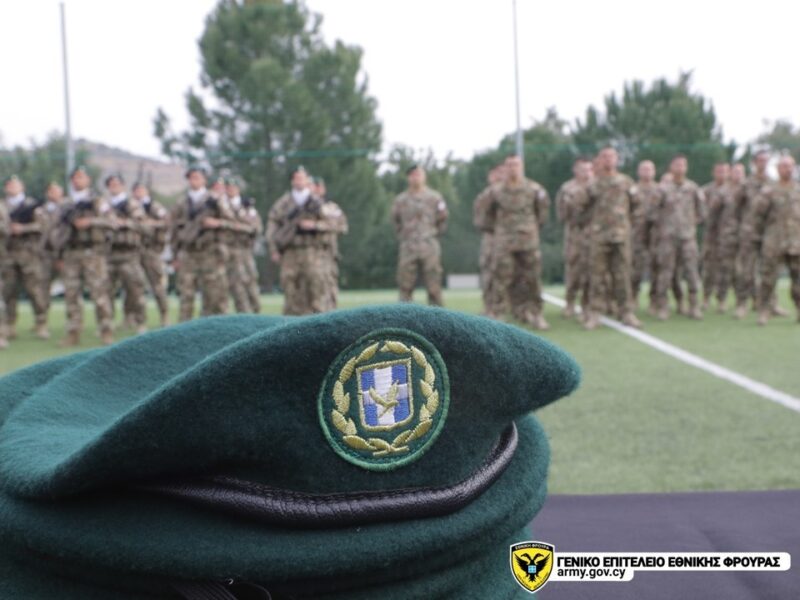North Korea’s new intercontinental ballistic missile test is causing global concern. In response, the armed forces of South Korea and the US on Wednesday (5/10) fired a total of four surface-to-surface missiles into the Sea of Japan, South Korea’s national news agency Yonhap reported, citing the national defense general staff in Seoul.
The military confirmed that one of the two missiles launched by the South Korean military crashed shortly after takeoff, but there were no reports of casualties or damage.
He apologized to the residents of the area where he landed for the disturbance.
The launch of two plus two missiles by the US and South Korean militaries, as part of joint high schools, follows the reaction to Tuesday’s test by Pyongyang of a ballistic missile that passed over sectors of Japan for the first time in five years.
Already earlier yesterday, South Korean and American bombers fired tactical missiles at virtual targets in the Yellow Sea.
The armed forces of the US and its allies are stepping up shows of force in the region.
White House National Security Council spokesman John Kirby, interviewed by CNN, spoke of “responding to the provocations” of North Korea, “demonstrating our (operational) capabilities” and ensuring “the readiness” of the armed forces of the two allies. .
Asked about the acceleration of North Korean weapons tests and the threat of a new war on the Korean peninsula, he said “we should not get there.”
“We have made it clear to North Korean leader Kim Jong Un that we are ready to sit at the table without prerequisites,” he recalled.
Pyongyang, which recently passed a new law that makes North Korea’s nuclear power status “irreversible” and provides for pre-emptive strikes with nuclear weapons if it faces a threat, has ramped up its weapons tests this year.
Among other things, it launched an intercontinental ballistic missile (ICBM), for the first time since 2017.
UN Secretary-General Antonio Guterres condemned this “escalation” and called on North Korea to “restart dialogue” to achieve “complete and verifiable denuclearization of the Korean Peninsula.”
Conservative South Korean President Yoon Seok-gil condemned the “provocation”, which “clearly violates universal values and the rules of the United Nations”, ordering a “strong response”.
US President Joe Biden and Japanese Prime Minister Fumio Kishida condemned yesterday’s test “in the strongest possible terms”, the European Union said it was a “dangerous and deliberately provocative” action.
Washington called for an emergency meeting of the UN Security Council on North Korea today, but diplomats noted that China and Russia opposed the idea of holding a public debate.
The last time North Korea fired a missile that passed over Japan, in 2017, it was followed by a nuclear weapon test five days later.
South Korean parliamentarians and analysts do not rule out the possibility of a new — the seventh in a row — test of a nuclear weapon by Pyongyang soon, in the interval between the Congress of the Communist Party of China (this month) and the midterm elections in the US (8 November).


